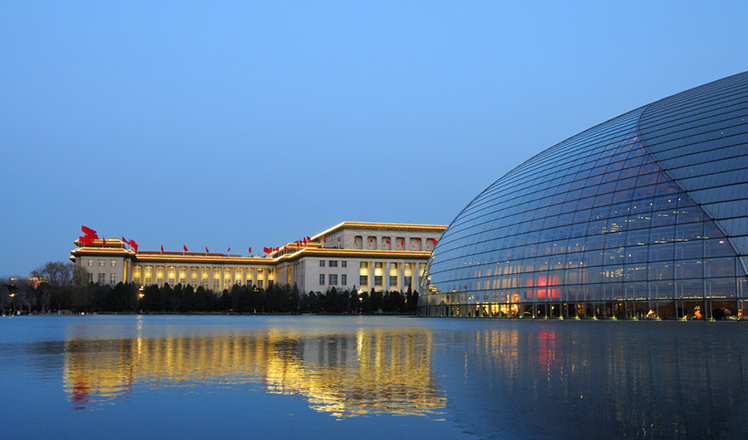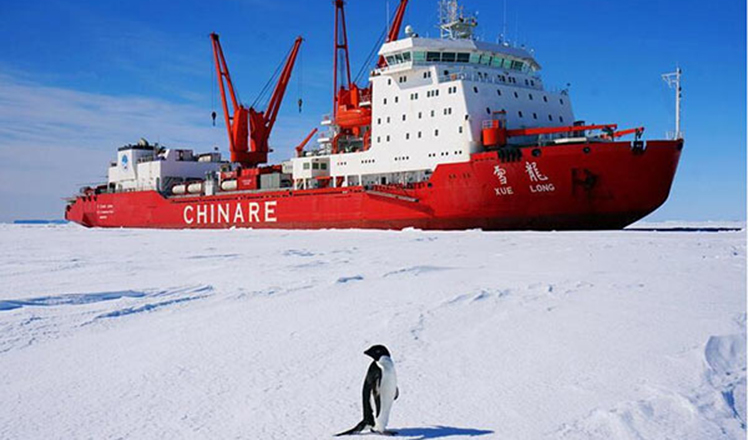Transforming China creates new opportunities
Updated: 2016-03-13 13:26
(Xinhua)
|
||||||||
Dissatisfied with cheap domestic brands, Chinese tourists spent at least 1.2 trillion yuan overseas in 2015 on products ranging from rice cookers to smart toilet seats, according to the Ministry of Commerce (MOC).
The government work report, delivered by Premier Li Keqiang on March 5, said China will continue to promote supply-side structural reform in 2016 so as to improve the quality and diversity of products and services on the market to meet consumers' growing demand.
"This consumption trend in China and the government drive for supply-side reform will create huge business opportunities for both domestic and foreign investors," said Midea Vice President Yuan Liqun during the ongoing legislative session.
China's export of industrial production capacity and enterprise internationalization strategies have also brought benefits to foreigners.
Automobile glass producer Fuyao Group is revitalizing an auto plant shut down by General Motors in Dayton, Ohio, in the wake of the 2008 financial crisis, with the redundancy of thousands of local workers.
In January 2014, Fuyao Group bought the facility from GM, investing 200 million US dollars and equipping it with state-of-the-art glass production lines.
The factory will reach its full capacity in 2016, producing 4.5 million sets of auto glass per year and hiring over 1,500 local workers.
MOC data showed that Chinese companies invested 735 billion yuan overseas in 2015, up 14.7 percent from 2014.
The government work report said China will continue to support businesses exploring the global market and help with the export of production capacity.
"The cooperation is mutually beneficial," said MOC spokesman Shen Danyang, adding that Chinese enterprises will help boost the local economy and improve the life of local people.
China's GDP growth slowed to 6.9 percent in 2015, which prompted some foreign investors to worry about shrinking business opportunities or even a hard landing for the world's second-largest economy.
"There are challenges for the [Chinese] authorities to navigate, but we don't see some of the extreme downside scenario," Maurice Obstfeld, economic counsellor and director of the research department of the International Monetary Fund.
China contributed more than 25 percent to global growth last year, said Xu Shaoshi, head of the National Development and Reform Commission.
"China does not export recession. Rather, it remains to be a propeller for global recovery," said Xu.

 Beijing sees blue sky during the two sessions
Beijing sees blue sky during the two sessions
 Fukushima five years on: Searching for loved ones
Fukushima five years on: Searching for loved ones
 Robots ready to offer a helping hand
Robots ready to offer a helping hand
 China to bulid another polar ship after Xuelong
China to bulid another polar ship after Xuelong
 Top 10 economies where women hold senior roles
Top 10 economies where women hold senior roles
 Cavers make rare finds in Guangxi expedition
Cavers make rare finds in Guangxi expedition
 'Design Shanghai 2016' features world's top designs
'Design Shanghai 2016' features world's top designs
 Cutting hair for Longtaitou Festival
Cutting hair for Longtaitou Festival
Most Viewed
Editor's Picks

|

|

|

|

|

|
Today's Top News
What ends Jeb Bush's White House hopes
Investigation for Nicolas's campaign
Will US-ASEAN meeting be good for region?
Accentuate the positive in Sino-US relations
Dangerous games on peninsula will have no winner
National Art Museum showing 400 puppets in new exhibition
Finest Chinese porcelains expected to fetch over $28 million
Monkey portraits by Chinese ink painting masters
US Weekly

|

|







